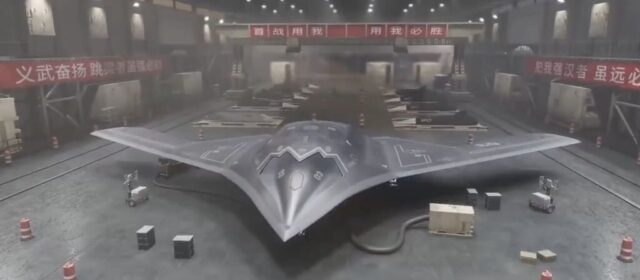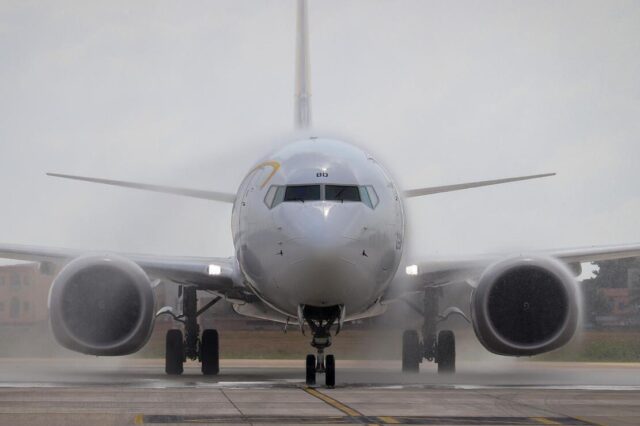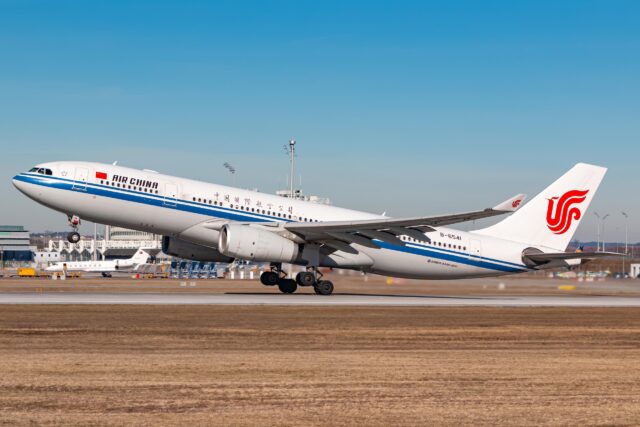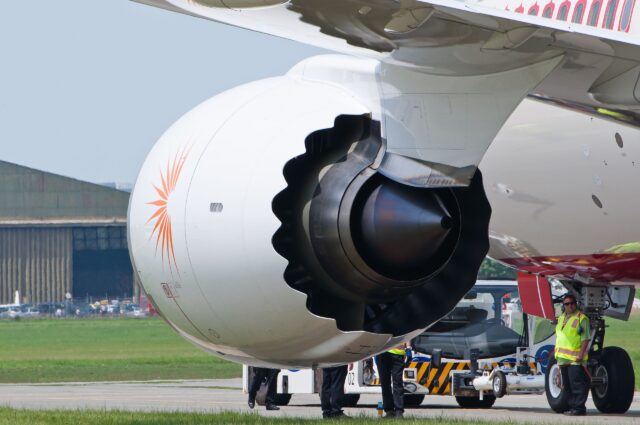Pratt & Whitney starts work on next-gen lightweight, high-altitude-capable APU

September 19, 2025

Work is underway on a next-generation auxiliary power unit (APU) designed to be lighter, more compact, and capable of operating reliably at high altitudes.
The project brings together RTX subsidiary Pratt & Whitney and Czech firm PBS Group, which have signed a cooperation agreement to advance the technology for use in both civil and military aviation.
The companies say the new unit will achieve the highest power density in its class, opening opportunities for new aircraft designs while enhancing performance for existing fleets.
APU upgrade
Engineers are targeting a smaller form and reduced weight compared to existing units, while delivering rapid starts, high-altitude functionality and greater electrical output.
APUs are auxiliary engines that provide vital support functions on aircraft.
They assist with starting the main engines, generate electrical power when the main engines are turned off and there is no ground power, supply compressed air for air conditioning, and act as a backup in emergencies to restart engines in flight.
However, current APUs are limited in operation at higher altitudes, typically above 20,000 feet.

With airlines and armed forces seeking more efficient, reliable solutions, demand for advanced APUs has grown, Pratt & Whitney said.
Jessica Villardi, vice president of Fighter and Mobility Programs at Pratt & Whitney, said the project demonstrated a focus on innovation across both the commercial and defence sectors.
“Advanced APUs are essential for both defence and commercial aviation, delivering the reliable, efficient power needed to keep aircraft mission-ready on the ground and optimised for performance in the air,” she explained.
“This work with PBS underscores Pratt & Whitney’s commitment to our customers and our focus on developing next-generation turbine technologies to support future industry needs.”
Tapping into Czech expertise
The agreement was facilitated with the support of the Czech Ministry of Defence, which has worked to connect domestic and international companies in key industrial projects.
Radka Konderlová, Director General for Industrial Cooperation at the Ministry of Defence and Armed Forces, described the partnership as a major step for the country’s aerospace sector.
“PBS Group is a unique company both in the Czech Republic and globally. Its cooperation with RTX, one of the largest companies in the defence industry, is not only proof of PBS’s capabilities but also a testament to the strength of the Czech industry as a whole.
“The project between PBS and Pratt & Whitney will significantly increase the competence and capacity of the Czech industry, which is essential for ensuring security of supply in crisis situations,” she said.
PBS started developing and manufacturing auxiliary units in the 1970s. Its subsidiary, PBS Velká Bíteš, is one of only four organisations worldwide authorised to design and certify civil APUs.
















